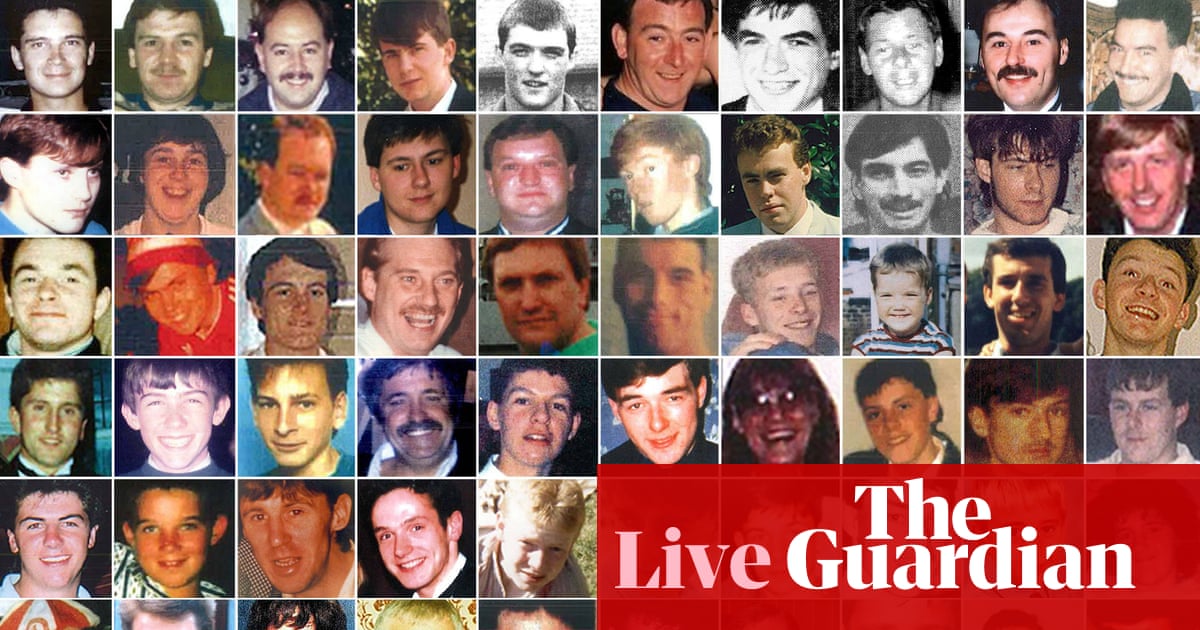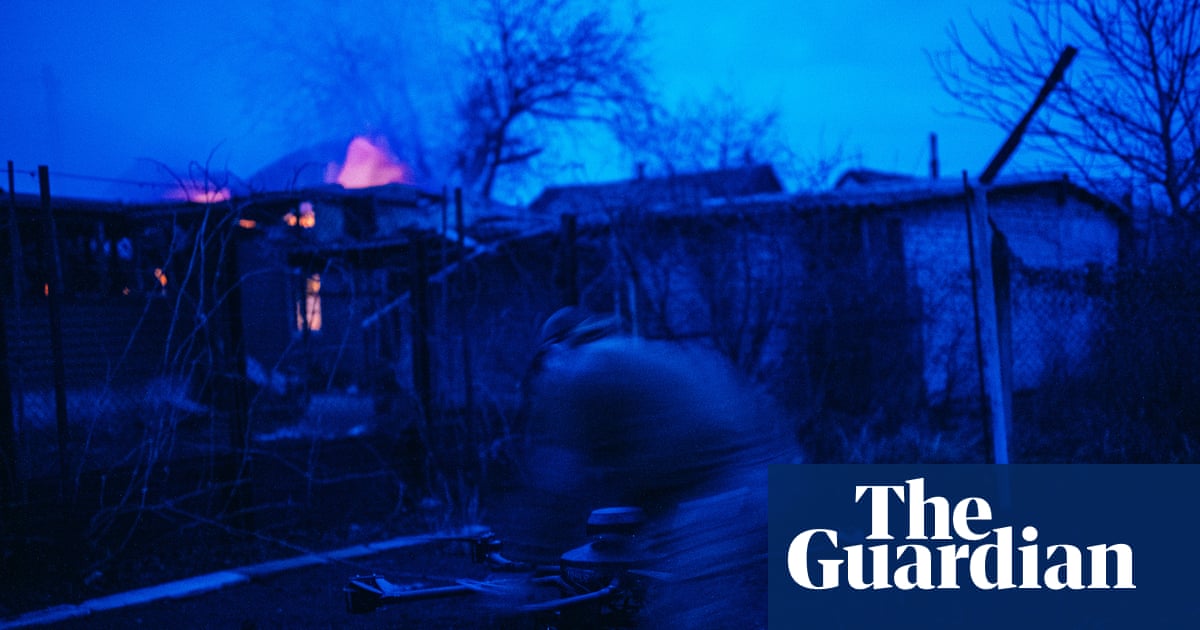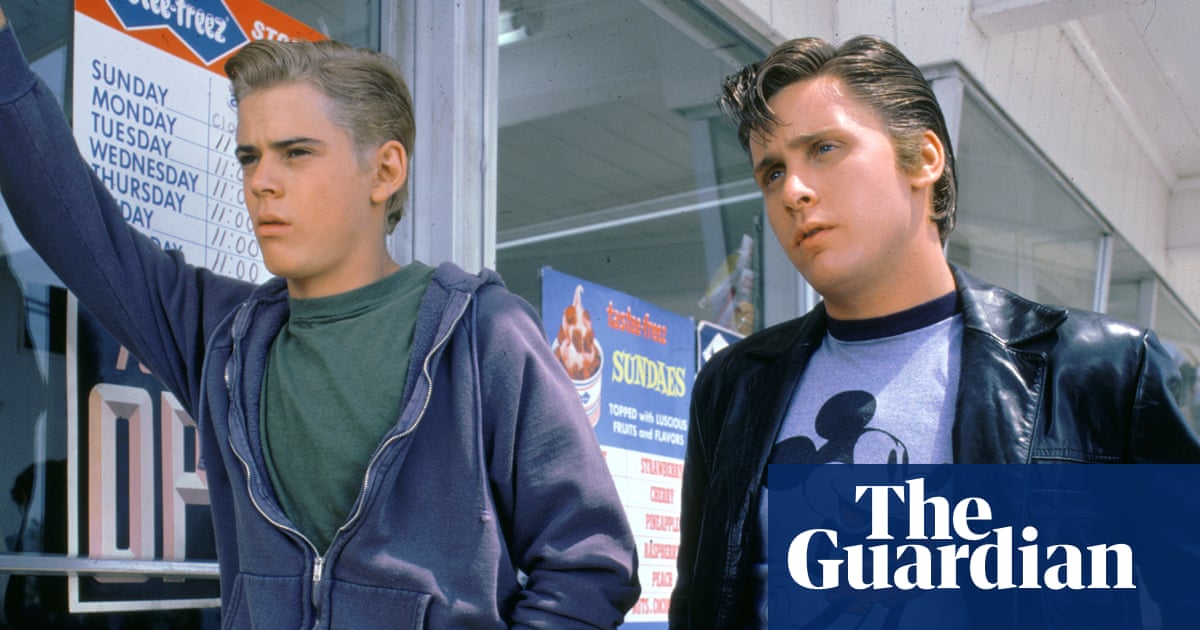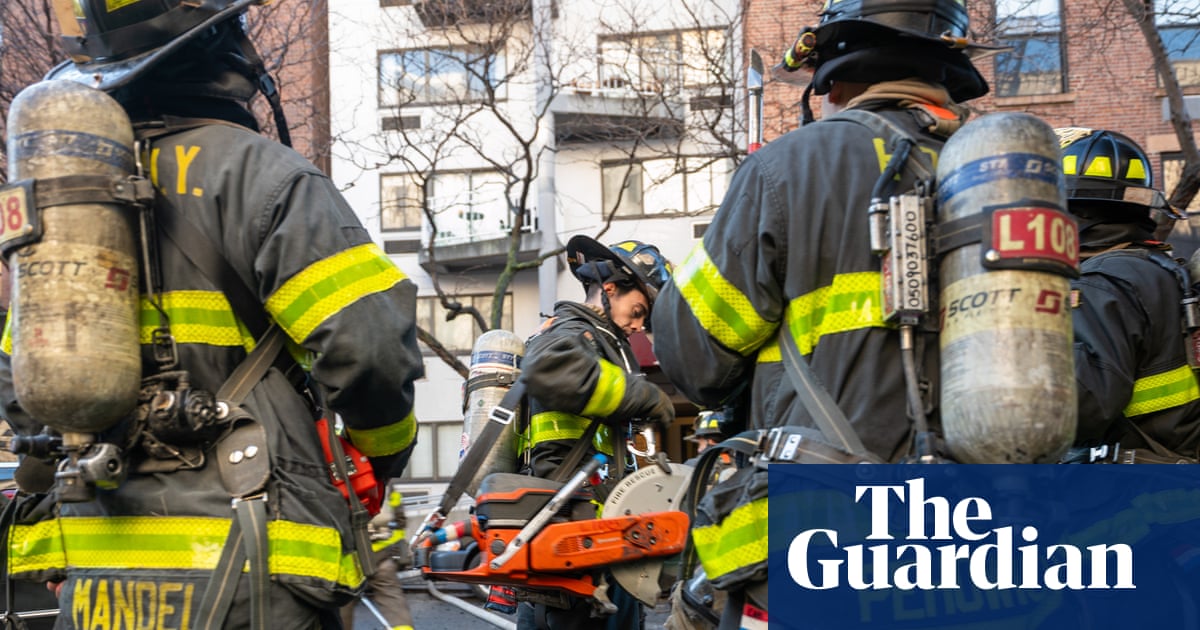Over the summer, BBC Scotland journalist Catriona MacPhee went undercover, working as a cleaner at the Castlehill Care Home in Inverness. The home – part of Simply Inverness Ltd, itself an offshoot of the company Morar Living – promises a comfortable, even luxurious standard of care for up to 88 residents. When Kerry first looked at the home with her mother, Jessie, she wanted to move in too, she says. But by the time you finish MacPhee’s hour-long film, you will have little doubt that the image Castlehill presents to the outside world – complete with champagne and fine dining – couldn’t be further from the appalling reality.
MacPhee meets residents like Teasha, who has dementia and has also used a stoma bag for 35 years. Due to the poor or often absent care at Castlehill, the stoma is now causing her significant discomfort and she is often seen crying out in distress. In one clip, filmed covertly by MacPhee, a member of staff describes Teasha as “mental”. It’s abhorrent, but within the wider context of the neglect and even intimidation endured by those at Castlehill on a daily basis, it is far from surprising. MacPhee finds residents left wearing incontinence pads for more than 12 hours; human excrement on chairs in the lounge; and one woman who hasn’t had a shower in weeks. Castlehill is short-staffed, and even as the regulator begins to ask questions (there’s a surprise visit from the Care Inspectorate in MacPhee’s first week on the job), it’s clear that this place isn’t just mildly inadequate but deeply dysfunctional and dangerous. At one point, Kerry took Jessie home with her; nobody noticed as they left the building.
MacPhee’s investigation was triggered by a number of complaints about the home, including one made by Su, who recalls the horrific scenes she herself caught on a hidden camera. She watched in horror as a carer and housekeeper colluded with one another, threatening to hit her father, who has dementia. When Su saw the housekeeper grab her father by the wrist and pin him to his bed, she called the police. Her police complaint would become a social services issue, and when they told the home about the hidden camera, her father was barred from having guests. Su’s father has since left Castlehill; she says that carers were still noting him as being asleep and comfortable in bed on their app when he was no longer living there.
Su’s complaint was upheld in full by the Care Inspectorate. In fact, says MacPhee, no other care home in Scotland had as many complaints upheld against it last year as Castlehill. It’s easy to see why: the home is so stretched that when Teasha’s daughter Vanessa visited every day, she found herself more or less taking on the role of a carer. But, beyond being stretched, there’s also the sense that many staff simply don’t care enough. MacPhee’s hidden camera footage shows Teasha in major distress, yet being frequently ignored by staff she knows well. One of MacPhee’s colleagues – her face blurred for obvious reasons – recounts how other colleagues told her that somebody needed to be changed while she was with another resident, instead of doing it themselves. “There’s principles and they don’t have it,” she says, wearily. “It’s common decency.”
But is it so common after all? Based on everything we see in the film, there’s often very little concern for the welfare – never mind the quality of life – of the people who live at Castlehill. And while some staff are clearly trying, the general picture is bleak. Linda breaks down when she sees footage of her mother-in-law, Rachel, being forced to receive intimate care from a male staff member, against the wishes stated in her care plan. “They’ve seriously let us down … they’ve let her down,” she says with tears in her eyes. And even when the home does manage to get the basics right, there is little stimulation for many of these people, whom MacPhee encounters sitting in the same position for hours on end. This, in turn, leads to more rapid cognitive decline.
The film briefly considers what can be done to improve the sector (such as recruiting more staff), but the truth is that it needs the kind of radical overhaul that would require several hours more airtime to truly dissect. But what it does do – brilliantly, blood-boilingly – is to show us just how grim it can be, and how much money is being made in the process. Teasha’s self-funded place at Castlehill cost £7,033 a month, while Morar Living is expected to make £90m in pre-tax profits over the next five years. While the company didn’t provide a spokesperson for interview, in a statement it said that each resident is consistently monitored and evaluated; that a clinical lead had been appointed; and the number of zero-hours staff had been reduced to zero. It also said it would invest £1m to refurbish Castlehill, and that recent improvements had been noted by the Care Inspectorate. Regardless, I really hope its shareholders were watching.

 2 months ago
79
2 months ago
79

















































